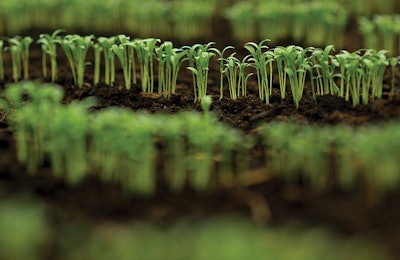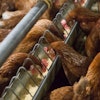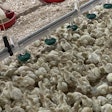
In the near future we are going to hear a lot about climate change. We may start to see people in the industrialized world change their behavior in response to the problem. One such action is reducing meat consumption because of the supposed contribution animal agriculture makes to greenhouse gas emissions.
A plant-based future?
In January 2019, the EAT–Lancet Commission published, “Food in the Anthropocene: the EAT–Lancet Commission on healthy diets from sustainable food systems.” It asks how the world will be able to feed itself in 2050 with the global population of 10 billion.
The report’s primary solution is “increasing consumption of plant-based foods and substantially reducing consumption of animal source foods.” It said research shows this shift will “reduce environmental effects and improve health outcomes.”
This argument is not new, but it is gaining serious traction as the world grows more concerned with the effects of climate change. Reports like this one lend more credibility to a force that will drive consumers away from animal agriculture and toward a more vegan diet.
A response plan
I see two ways to address this issue. First, the chicken industry should consider making sustainability a selling point. Conventionally raised chicken is one of the most sustainable sources of protein on Earth. This can, and should, resonate with environmentally minded consumers.
Second, the industry should recognize growing consumer concern about climate change and the environmental impact of their diet. The industry should prepare coherent, cohesive responses to their questions or risk being seen as part of the problem rather than the solution.
Two groups – the U.S. Roundtable for Sustainable Poultry & Eggs (US-RSPE) and the International Poultry Welfare Alliance (IPWA) – established at the end of 2018 will hopefully take up this cause and help the industry answer these tough questions.


















